 Several days ago, Indonesia’s Minister for Communication and Information announced that he was going to block 4shared along with the 20 other sites that have been shortlisted for access restriction across the country due to various copyright violations.
Several days ago, Indonesia’s Minister for Communication and Information announced that he was going to block 4shared along with the 20 other sites that have been shortlisted for access restriction across the country due to various copyright violations.
Additionally, the Minister also said that the cost of a downloaded song should not be too expensive, citing a range between Rp 500 and Rp 1000, adding that rights owners and publishers need to make a profit to sustain their businesses and creative ventures.
According to the Minister, people would not mind paying that amount to acquire music legally from the internet and that the payment method could be through credit cards or prepaid phone credits.
Shutting down illegal file sharing sites is one thing but taking away legitimate music distribution channels is a completely different matter and suggesting that a song is worth no more than Rp 1000 is as irresponsible as it is naive.
Rama already wrote about the 4shared issue a few days ago so I won’t get into it further. What I want to bring up, which apparently many others had not, is the cost of music.
Cost of music
The Rp 1000 cost per song that the Minister brought up clearly ignored the economics of the music industry and the cost of music in other medium. The proceeds from a song or an album purchase are distributed among several parties which are the retailer, publisher, and the artist. The artist, who, despite getting the smallest share, will still need to split with the managers, lawyers, producer, and if it’s a band, other members of the band.
Given that the cost of a domestic album on a CD is between Rp 35,000 to 75,000 depending on the artist, packaging, and additional content, selling songs at Rp 1000 a pop will net a single album only Rp 10-12 thousand, less than half the cost of the cheapest domestic album.
Compare this to the ringback tone business in which a single snippet of a song will cost consumers upwards of Rp 7000 and the track will last no more than a month before it stops playing on their phones. While RBTs serve a completely different purpose from full length music tracks, it illustrates the cost of music to consumers and how much they are willing to spend on a single track.
In countries where the music store component of Apple’s iTunes is available, songs cost between $0.69 and $1.29 though playbacks are largely limited to Apple’s own products which include the iPods, iPhones and iPads as well as any computer running iTunes.
Though limited to Apple’s devices, iPods are the dominant portable digital music player in the world in just about every country, and almost any Mac or Windows computer can run iTunes, making the “limitation” idea far less restrictive that it may sound.
Online music
In Asia however, iTunes Music Store does not exist except in Japan. The process to buy digital music online is far from painless. Consumers largely have to deal with highly restrictive DRM, impractical payment systems, limited music library, and severely limited playback options.
A number of startups and services are trying to deliver songs in a different way from what Apple and Amazon are doing though the majority are still tied to the existing market model of selling songs per track or album.
Thanks to the internet, the distribution of songs has been made much easier but that also means far less control by the record labels and copyright holders. Piracy is more rampant due to this ease of access but iTunes and Amazon have somewhat reduce this rate and convinced many people to go legit in acquiring digital songs.
Though iTunes has managed to become the most successful online music store thanks to its near seamless purchasing experience, this cannot be extended to countries in which credit cards and PayPal are not commonly used by consumers and where record labels are still unwilling to relieve themselves of highly restrictive copy protection.
This creates an opportunity for anyone in those markets to explore other methods in delivering online music to consumers while also creating a new revenue stream for artists.
Perhaps rather than selling individual tracks or albums like the old model, someone could come in and create an affordable, seamless and practical experience to enjoy music in a new way with much more inclusive payment methods.
Clearly artists cannot rely on simply selling songs, so this experience could include various forms of other non-song content such as premium content, concert passes, exclusive access, merchandise, virtual goods, and various other related items that fans would be willing to pay for.
On the other end of the spectrum, something like Spotify or Rdio is much simpler, more accessible, but requires a high speed, stable, internet access, especially on mobile, something that many Asian countries still lack. Additionally, many of those services are still limited to North America and in the case of Spotify, Europe, mostly due to scope of record label jurisdictions.

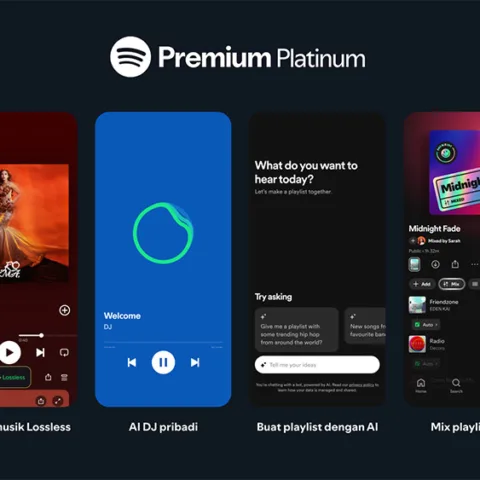
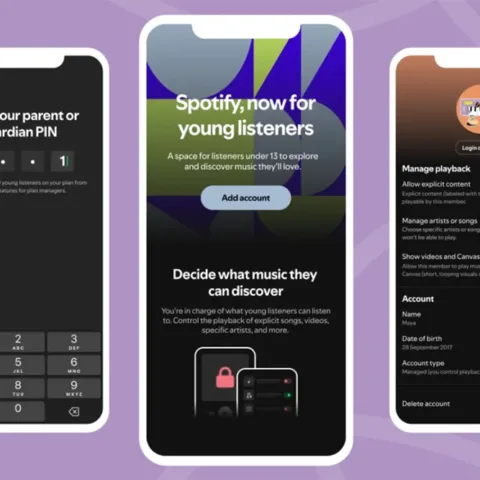
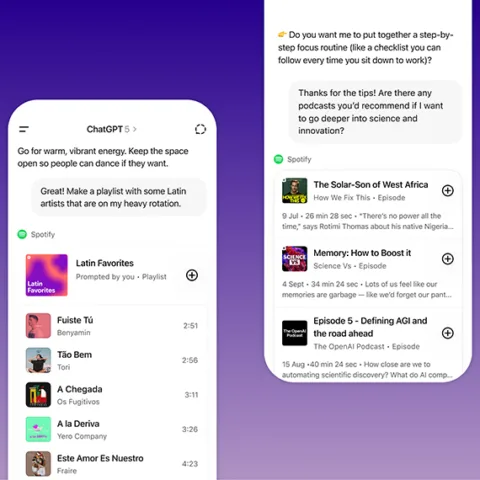
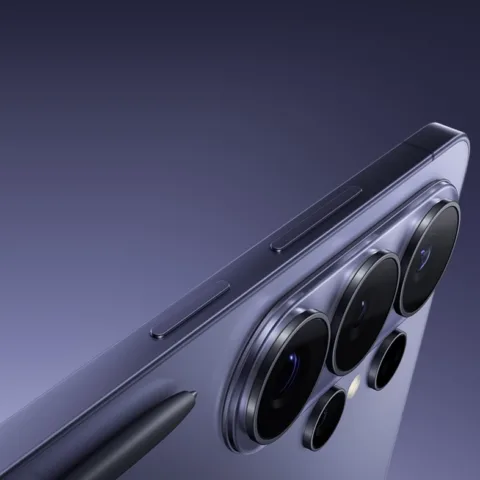

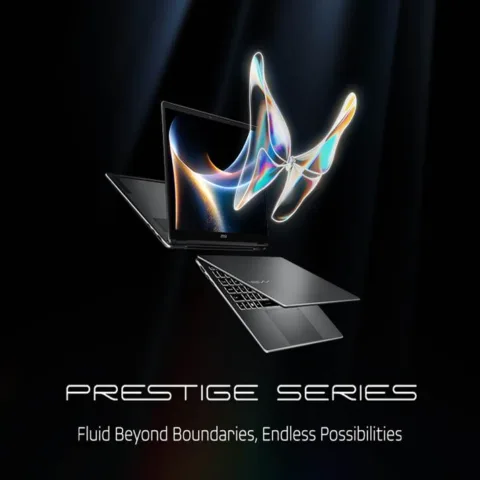


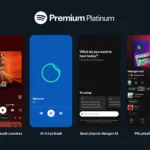
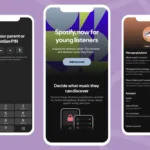
This amazes me still, how we live in a world of high tech, but yet there are countries and their governments that don’t allow their citizens access to what is becoming a very vital part of life.High speed Internet access, or for that matter access to the internet at all.
How this relates to music and the industry, Music is the vital human glue fabric of life. No matter where you live, there is some form of music, whether it’s just for communicating or pleasure listening, we could not exist without Music.
Who am I? The “Silver Conductor” at:
http://www.thesilverconductor.com
http://www.youtube.com/watch?v=wOO6ZTBf1Oc
http://bit.ly/p8lOLU
Remember:”Always know who loves you”
The “Silver Conductor”
should invite Chris Anderson to write something about the issue
the reason why they still loved the old-model is because it’s more simple to calculate the royalty based on copies and the amount per sell much higher 😀